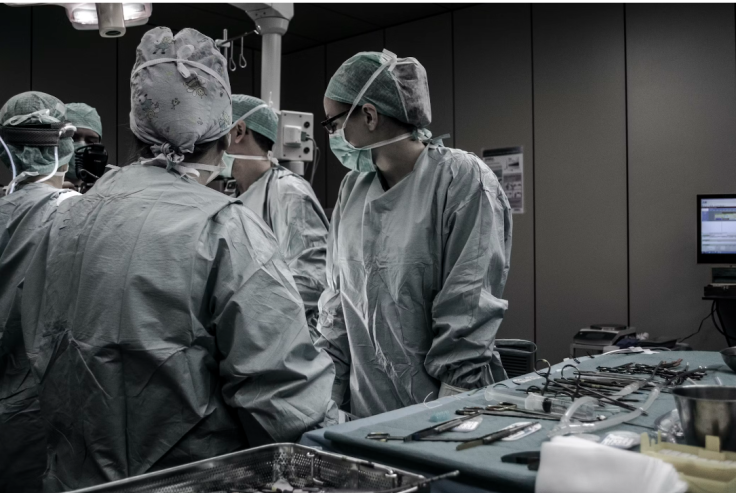The Icahn School of Medicine is witnessing a significant chapter in its history as postdoctoral researchers affiliated with the Sinai Postdoctoral Organizing Committee, part of the United Autoworkers union, initiate a strike. This development follows more than a year of unsuccessful negotiations for the researchers' inaugural labor contract.

The Union's Victory and Demands
Having secured victory in the June 2022 election, the Sinai Postdoctoral Organizing Committee now represents over 500 researchers. The crux of the disagreement centers on the alleged illegal treatment of international workers, unilateral changes to housing practices, and a lack of timely information provision.
Sinai's Response and Proposed Package
Sinai remains steadfast in its commitment to reaching an agreement. The institution has presented a comprehensive package proposal, including a minimum pay raise for postdocs and various benefits. Despite these offerings, the striking researchers argue that the proposed package falls short of addressing their specific concerns.
Childcare Subsidies and Housing Woes
The rejection of proposals, notably for childcare subsidies, sheds light on the challenges faced by postdocs, many of whom are early in their careers and juggling familial responsibilities. Additionally, the refusal to extend access to campus housing raises questions about the institution's supportiveness in the context of New York City's housing crisis.
This strike at the Icahn School of Medicine is emblematic of a broader trend where postdoctoral researchers across various institutions advocate for fair compensation, improved working conditions, and better benefits. As these professionals play a pivotal role in advancing research, addressing their concerns is crucial for a sustainable research environment.
The Bigger Picture of Labor Dynamics in Academia
The standoff underscores the larger issue of labor rights within academic institutions. Postdocs, despite their indispensable contributions, often find themselves navigating precarious positions, facing challenges ranging from financial instability to limited career advancement opportunities.
As the strike unfolds, it not only magnifies the nuances of the negotiations but also casts a spotlight on the broader societal debates about fair labor practices and the treatment of workers. The academic community, it seems, is not immune to the larger socio-economic forces shaping the contemporary discourse on labor rights.
Impact on Research and Academic Environment
The ramifications of the postdoctoral strike extend beyond the bargaining table, raising concerns about the potential disruptions to ongoing research projects and the overall academic environment at the Icahn School of Medicine. The collaborative nature of scientific endeavors heavily relies on the contributions of postdocs, and a prolonged strike could impede the institution's research output. Furthermore, the atmosphere of uncertainty may affect the morale and engagement of both postdocs and their colleagues. The administration's ability to swiftly address these concerns and find common ground with the striking researchers will be pivotal in maintaining a conducive and productive academic atmosphere.
The resolution of this dispute remains uncertain, with the striking postdoctoral researchers determined to secure what they perceive as just and equitable conditions. The outcome will not only impact the immediate future of researchers at Sinai but could also set a precedent for how similar disputes are handled across academic institutions.
RELATED ARTICLE: University Of Kentucky Takes The Lead With $7 Million Grant To Tackle Lung Cancer Crisis
© 2025 University Herald, All rights reserved. Do not reproduce without permission.








